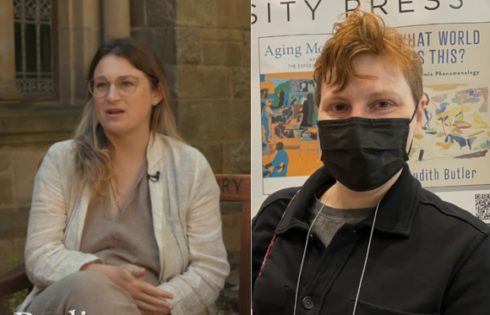Thomas K. Lindsay of the Center for Higher Education at the Texas Public Policy Foundation writes:
For decades, a number of academics, Allan Bloom notably among them, have decried the 50-year dismantling of a required, common-core curriculum in the humanities, arguing that what makes higher education genuinely higher is its pursuit of two objectives that transcend job training. The first is civic education, which is indispensable because no nation can expect to be, in Jefferson’s words, “both ignorant and free.” The citizenry’s capacity for self-government is not a gift; it must relearned to be re-earned by every generation, which requires serious study of the moral, political, and philosophic foundations of our democratic republic.
Universities abdicated this crucial role 50 years ago. Few colleges require even one course in American government. The Department of Education finds only one-third of undergraduates today ever complete such a course. This is more than indifference; it is aversion. Carol Schneider, president of the Association of American colleges and Universities, finds “not just a neglect of but a resistance to college-level study of United States democratic principles.”
…Students learn the new orthodoxy quickly. Fearing classroom humiliation, they keep any reservations to themselves, instead regurgitating on their exams their force-fed lessons. As a result, they learn little. The landmark national study, Academically Adrift, finds 36 percent of students show little to no increase in fundamental academic skills—critical thinking, complex reasoning, and clear writing—after four years in college. Their natural desire to know gives way to repeating whatever is required for a good grade.
And what good grades they get! Under the new student-teacher compact, professors award more A’s than ever in exchange for students’ acquiescence in the transformation of classrooms into ideological training camps. Fifty years ago, 15 percent of all college grades given were A’s. Today, an A is the most common grade (43 percent), despite the fact that, during the same period, average student study-time has fallen from 24 to 14 hours a week…
Read the full article at Real Clear Policy.
Click here to Like The College Fix on Facebook. / Twitter: @CollegeFix





Please join the conversation about our stories on Facebook, Twitter, Instagram, Reddit, MeWe, Rumble, Gab, Minds and Gettr.